Articles
Commentary

Not So Sweet: Expensive Cocoa’s Lesson on Supply Chain Resilience
Chocolate’s largest manufacturers face spiraling costs for key ingredients like cocoa beans and cocoa butter. The trickle-down effect will hit many consumers in the wallet in the latest example of what can happen if a supply chain isn’t resilient enough.
Read More
How to Achieve Foodservice Industry Sustainability Goals
Foodservice providers are reevaluating their operations with manufacturing and logistics playing a key role in driving sustainable change.
Read More
Sustain the Chain With Technology
Today, more than ever, it is important that we build sustainable supply chains that positively impact business, society, and the planet. To meet customer expectations and be truly sustainable, organizations must ensure responsible business practices internally and across the entire value chain.
Read More
8 Steps to Cracking the Traceability Code
As supply chain disruptions and competition increases at a global scale, supply chain visibility has become vital for business success. Lack of visibility along the supply chain not only poses a risk to the seamless flow of goods but also raises concerns about product quality and overall productivity. With only 13% of manufacturers having full visibility into their supply chain network, it’s important to manage this challenge.
Read More
The Future of Freight: What to Expect
The next few years will bring further disruptions to a freight model that the industry spent decades optimizing. In 2024 and beyond, new consumer demands, technological advancements, and broader changes like nearshoring will present new opportunities for logistics leaders from first to final mile.
Read More
Carbon Output Is Spiking Amid Red Sea Supply Chain Crisis. What Are You Going to Do About It?
Another sustainability crisis is brewing in the global supply chain. Ongoing attacks on container ships in the Red Sea by Iran-backed Houthi rebels have caused major shipping companies and oil/gas firms to suspend shipments through the Suez Canal, one of the most active shipping routes in the world. As a result, vessels are forced on […]
Read More
10 Ways to Empower the Logistics Workforce
From harnessing the latest innovations to nurturing a culture of continuous improvement, these 10 strategies can help your team excel in the ever-changing logistics landscape.
Read More
Dark Data Illuminates the Supply Chain
In the sprawling cosmos of logistics and transportation, there’s a vast, uncharted territory: dark data. This term refers to the untapped, unprocessed information that fleets, freight systems, and supply chains generate but never use. Think of it as the digital equivalent of dark matter in the universe—invisible, yet its potential gravity can pull industries into a new era of enlightenment.
Read More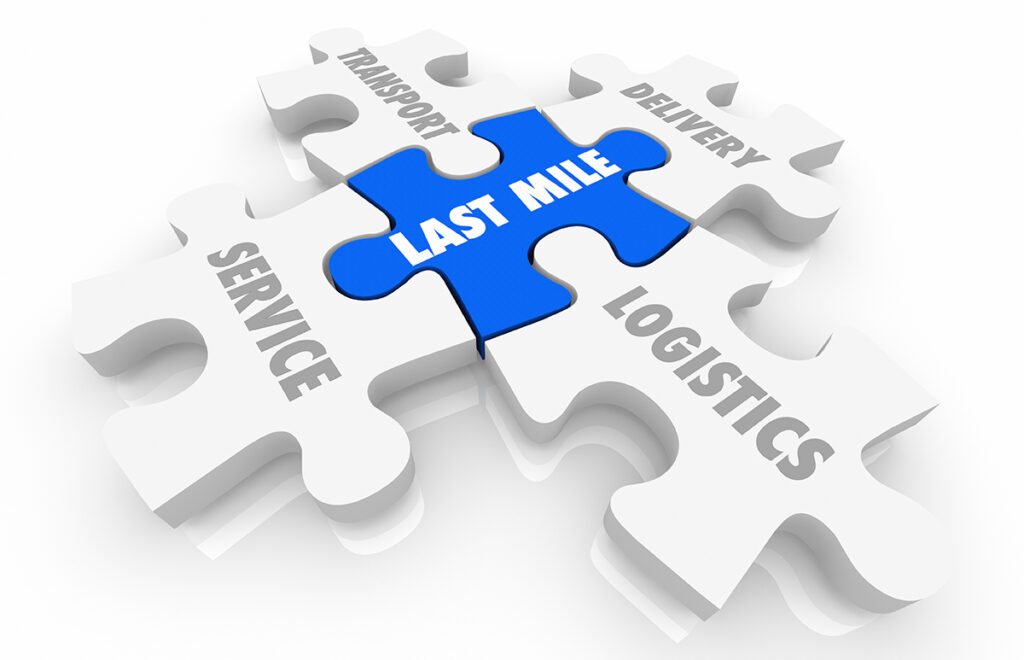
Delivery Workers Are Your Biggest Asset
In the fast-paced world of logistics, where every minute counts and customer satisfaction is paramount, your workers are undeniably your biggest asset. As the frontline ambassadors of your brand, they navigate through the intricacies of mid- and last-mile deliveries and create lasting relationships that can impact your company’s business.
Read More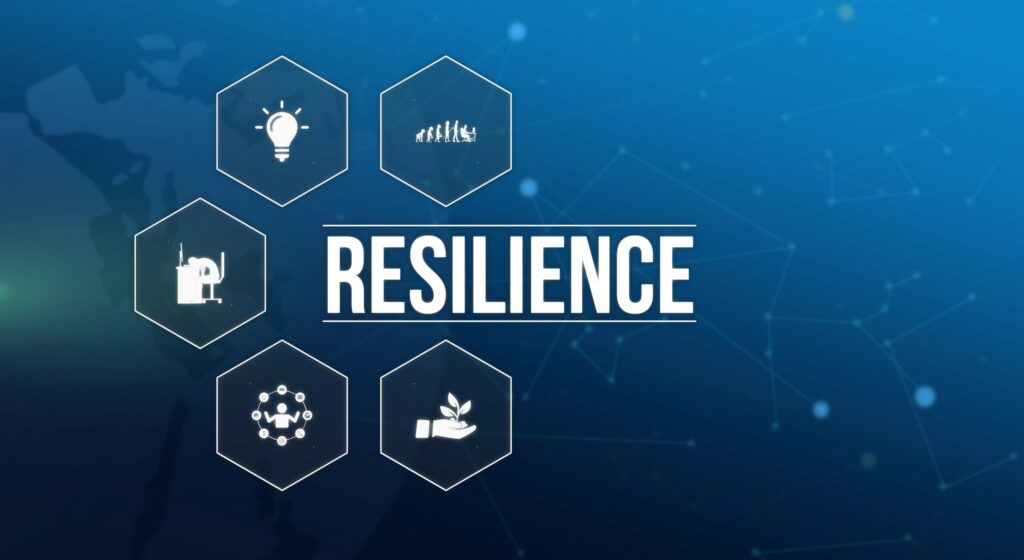
5 Top Contract Management Strategies
The pandemic brought a surge in suppliers invoking force majeure clauses in their contracts. Force majeure removes liability for unforeseeable and unavoidable catastrophes that interrupt the expected course of events and prevent participants from fulfilling obligations. Buyers, as well as suppliers, understood that the extreme circumstances surrounding the pandemic warranted it.
Read More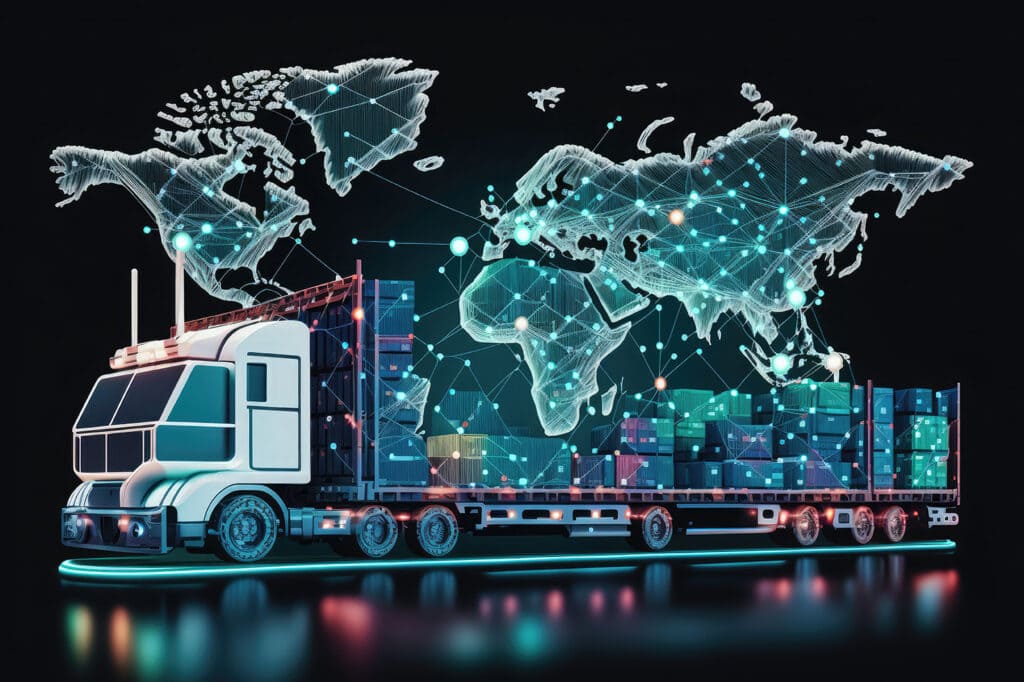
Dynamic Freight Pricing Done Right
Modern shippers rely exceedingly on transportation management system (TMS) solutions for several reasons. Staying competitive while curtailing distribution cost tops the list. Supply chains are also more complex, and the need for TMS and efficient freight pricing solutions is being felt more than ever.
Read More
5 Ways to Mitigate SaaS App Risk
The popularity of SaaS apps has skyrocketed, with users having tens of thousands of options from both reputable companies and private developers. Many of these apps, however, contain vulnerabilities or suffer from complex misconfigurations, turning them into a potential Achilles heel for supply chain attacks.
Read More
How to Find and Retain Skilled Workers
As demand for faster order fulfillment grows, attracting and retaining top logistics talent becomes increasingly essential. Despite the talent shortage, there are strategies you can employ to secure skilled workers and ensure a thriving workforce for the future.
Read More
Automakers Shift to Smart Supply Chains
Although the pandemic may be over, auto suppliers and original equipment manufacturers (OEMs) are still grappling with supply chain issues such as concern over net-zero promises, the growing EV market, geopolitical conflicts, evolving trade agreements, natural disasters, and high interest rates deterring shoppers.
Read More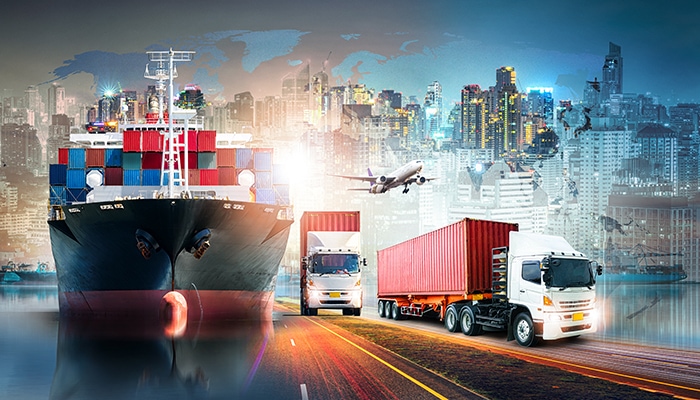
How a Strategic Expedite Plan Can Save the Aerospace Industry $60 Billion
Incorporating an expedite strategy can save the aerospace industry billions of dollars in lost time, labor impact, mechanical errors, and passenger chaos.
Read More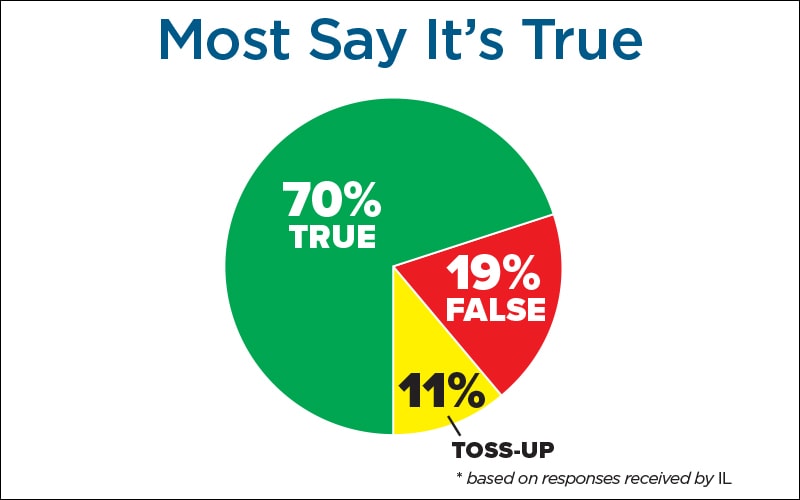
GOOD QUESTION: True or False? Managing Supply Chains Is More Challenging Than Ever
Is supply chain management the toughest it has ever been? Or are tech tools so advanced they’re alleviating the uncertainty and guarding against disruptions? Industry insiders have a lot to say.
Read More
What’s the Key to Reaching Net Zero? Data Collection
Brands can reach their carbon goals by working better with suppliers. Let’s stop bombarding them with requests for information and instead encourage them to participate.
Read More
Next Year? AI is a Retailer’s Lifeline
Retailers faced a broad array of challenges this past year. What will they face next year? Does it really matter?
Read More
Myth-busting AI in the Supply Chain
Over the past decade, supply chains have undergone a substantial digital transformation. One of the most significant factors driving this change has been the integration of artificial intelligence (AI) and automation technologies. As these technologies have become more prominent, however, so too have misconceptions about their impact on supply chain and logistics operations.
Read More
How Technology Can Steer the Trucking Industry Out of Crisis
High inventories and a pullback of consumer spending signal no imminent relief for the trucking industry which is already on its knees. And this ordeal has posed a stark question: What happens to an economy when its chief logistic artery is under such a strain?
Read More